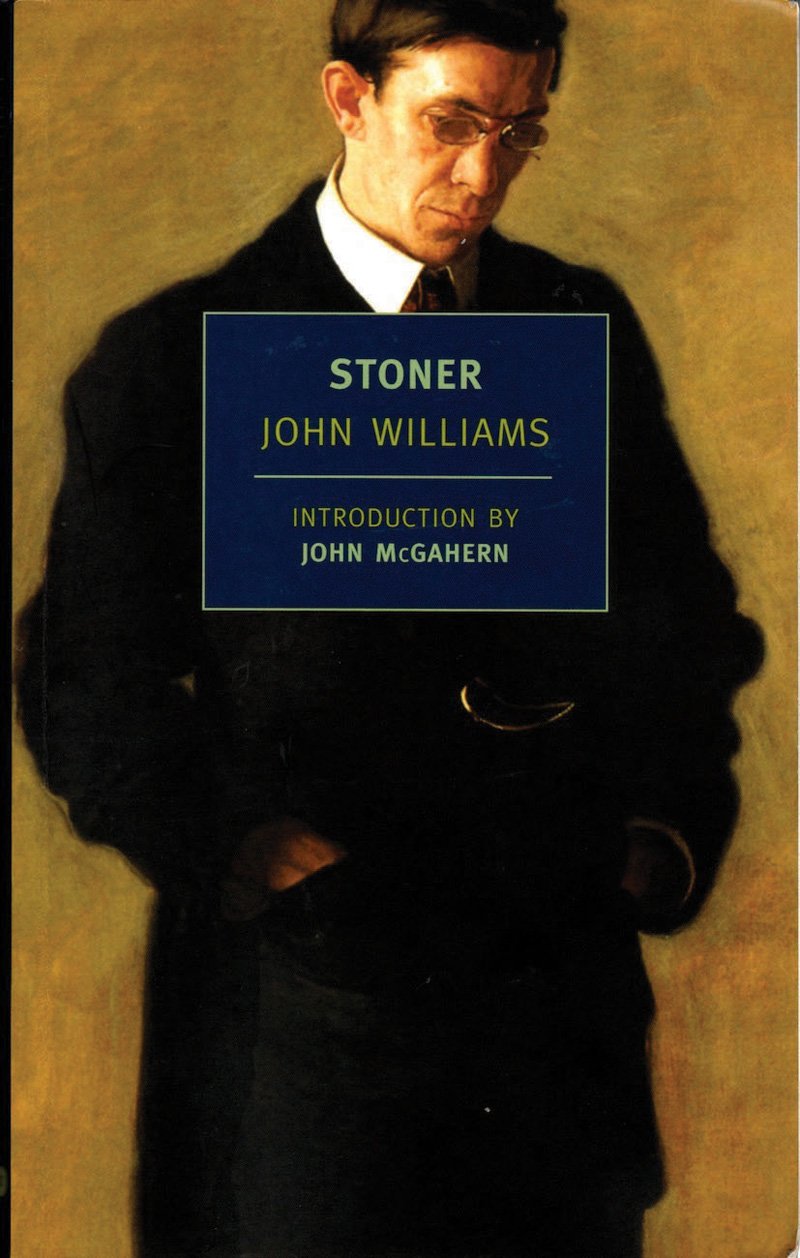Stoner
March 1, 2025

I think he’s a real hero. A lot of people who have read the novel think that Stoner had such a sad and bad life. I think he had a very good life. He had a better life than most people do, certainly. He was doing what he wanted to do, he had some feeling for what he was doing, he had some sense of the importance of the job he was doing. He was a witness to values that are important … The important thing in the novel to me is Stoner’s sense of a job. Teaching to him is a job—a job in the good and honorable sense of the word. His job gave him a particular kind of identity and made him what he was … It’s the love of the thing that’s essential. And if you love something, you’re going to understand it. And if you understand it, you’re going to learn a lot. The lack of that love defines a bad teacher … You never know all the results of what you do. I think it all boils down to what I was trying to get at in Stoner. You’ve got to keep the faith. The important thing is to keep the tradition going, because the tradition is civilization.
~ Interview given late in life by John Williams on Stoner
